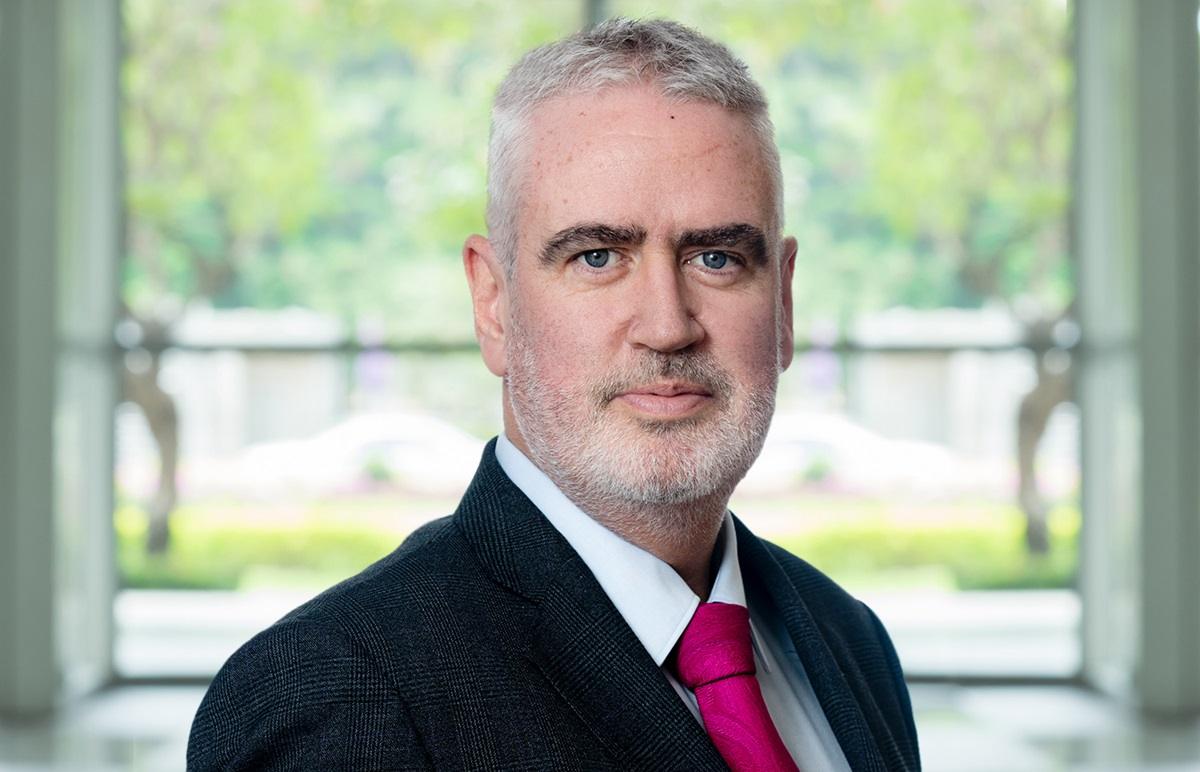UK Pension Scheme Nest Pledges to Decarbonise Investment Portfolio
Nest, the Uk’s largest pension scheme by members, announced today that is has launched a new climate change policy that will see it achieve net zero carbon across its investments by 2050, with significant interim milestones set as well.
According to Nest, the new policy will align the pension scheme with the Paris Agreement goals to keep global temperature rises within 1.5C above pre-industrial levels by 2050. The commitments made by Nest include the following:
- Move £5.5 billion of shares (equity) into climate aware strategies, representing 45 per cent of Nest’s entire portfolio. This will immediately reduce Nest’s carbon footprint by the equivalent of taking 200,000 cars off the road
- Begin divesting from companies involved in thermal coal, oil sands and arctic drilling and be completely divested by 2025 at the latest, unless they have a clear plan to phase out all related activity by 2030
- Invest a greater proportion of its funds directly in green infrastructure, building on the £100 million Nest has already invested in renewable projects across Europe
- Actively pressure companies to align with the Paris goals and divest from companies that show little progress following sustained engagement
- Commit its fund managers to making progress against set benchmarks, including analysing how Nest can halve its emissions by 2030
According to Nest, the £5.5 billion that it is investing today via its climate aware equities fund represents more than £1.2 billion removed from the biggest carbon emitters and moved into companies pioneering green solutions and implementing strong transition plans. This is expected to reduce the carbon footprint of Nest’s portfolio by the equivalent of taking 200,000 cars off the road or heating nearly 50,000 households for a year via renewables.
In its Climate Change policy, Nest lays out the case for taking these actions, explaining that integrating ESG considerations into the investment process is expected to provide superior risk-adjusted returns. Nest’s policy outlines the scheme’s beliefs:
- As long-term investors, we believe that integrating environmental, social and governance (ESG) considerations into the investment management process improves risk-adjusted returns.
- We believe that long-term returns to investors are likely to be more sustainable if companies consider the interests of wider stakeholders – customers, employees and the wider public as well as shareholders and lenders.
Mark Fawcett, Nest’s Chief Investment Officer, said:
“Just like coronavirus, climate change poses serious risks to both our savers and their investments. It has the potential to cause catastrophic damage and completely disrupt our way of life. No-one wants to save throughout their life to retire into a world devastated by climate change.
“As the world’s economy slowly recovers from coronavirus, we want to ensure this recovery is a green one. We have a unique opportunity to support sustainable growth and transition towards a low-carbon economy.
“We believe our new policy sets out a clear vision of where we’re heading. We’ll now work on taking the necessary steps to become net-zero, using our close partnerships with fund managers to amplify our impact and coordinate activities towards meeting the Paris Agreement goals.
“Not only is this the right thing to do, it’s also what our savers want and expect from us. How can we offer them the prospect of a better retirement if we ignore the world they’ll be retiring into?”
Lauren Peacock, Campaign Manager at responsible investment charity ShareAction, said:
“We warmly welcome Nest’s new policy on climate change and hope it will encourage other pension schemes to up their ambition. Nest’s policy acknowledges the impact of its investments on the planet and takes responsibility for them. By committing to engage with companies head on, all the while moving assets out of high carbon sectors, Nest is setting clear expectations for those most responsible for the climate emergency and demonstrating the power of pensions to move them along a more sustainable path. It is vital that engagement moves past disclosure and leads to meaningful change by companies if we are to curtail the climate crisis.”





